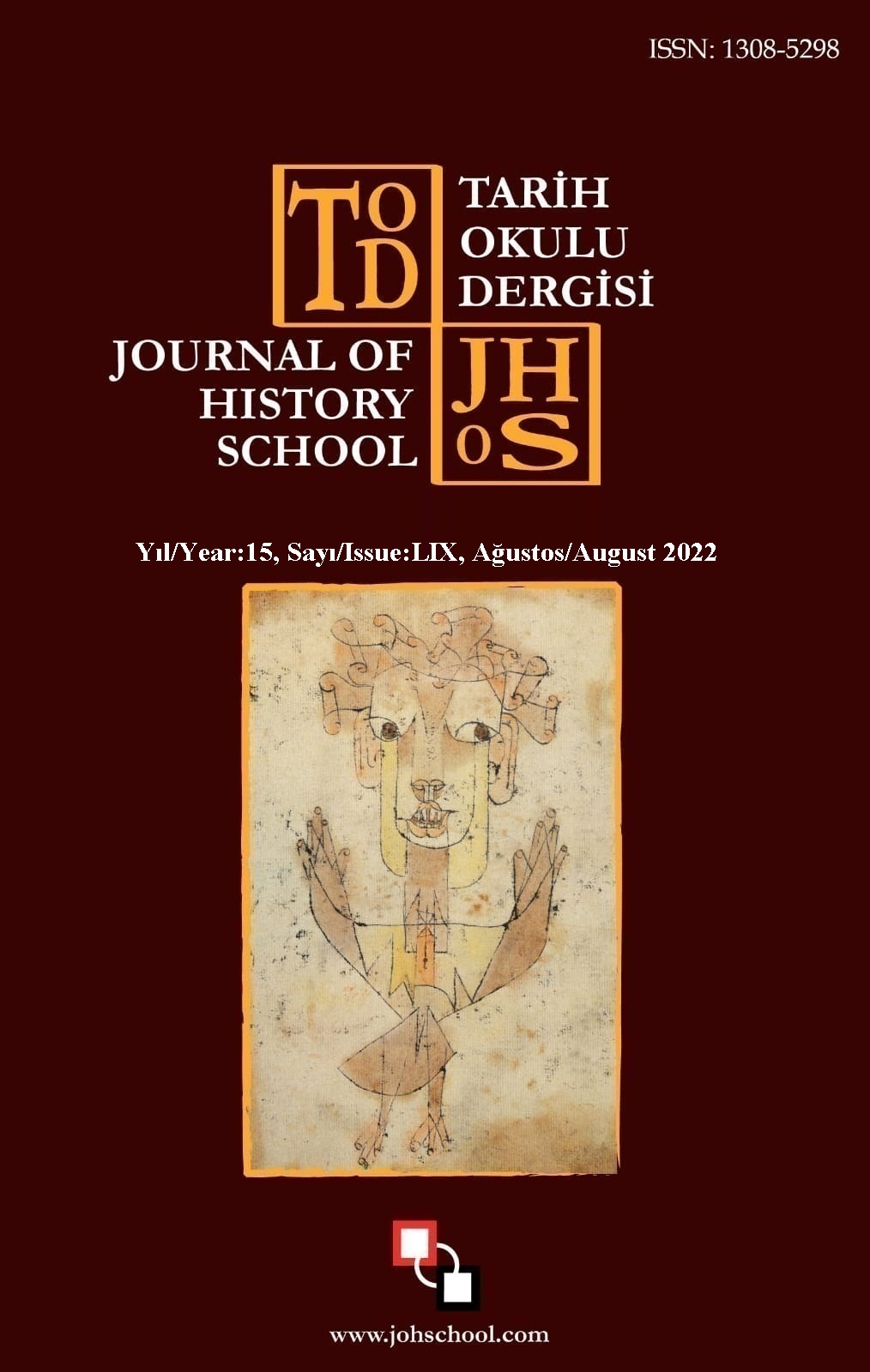Author :
Abstract
Cumhuriyetin ilk yıllarında nüfusun büyük çoğunluğu kırsalda yaşamakta, köyler geri kalmış tarımsal yöntemlerin uygulandığı ve savaş yıllarının yokluğu ve tahribatının hayatın her kademsinde görüldüğü bir yerdi. Anadolu eğitim faaliyetleri açısından tamamen ihmal edilmiş bir haldeydi. Bu dönemde Misak-ı Maarif genelgesi, Birinci Heyeti İlmiye toplantısı, yabancı uzmanların ülkeye davet edilmesi ve Tevhidi Tedrisat Kanunu eğitim alanın yapılmaya çalışılan dönüşümün ilk adımları olmuştur. Harf İnkılabı’nın gerçekleştirilmesi ve yeni alfabenin halka öğretilmesi için başlatılan Millet Mektepleri seferberliği Cumhuriyet döneminin eğitime ve halka bakışını yansıtmaktadır. Köy Enstitüleri, Cumhuriyet aydınlanmasının eğitim alanındaki en önemli faaliyetidir. Fikri alt yapısı 1935’te başlatılıp 1937’de denemesine girişilen enstitülerin, 1940’da çıkan kanunla devletin temel eğitim yöntemi olduğu görülmektedir. 1923-1950 arasındaki eğitim politikaları, yıllarca savaşlarda asli unsur olarak kullanılan ve hep ihmal edilen Türk milletine karşı gereken ilginin gösterilmesi ve Anadolu’nun eğitilmesiyle Cumhuriyetin ilkelerinin kalıcılığı ve bu ilkelere sahip çıkılması amacını sağlamaya yönelik olmuştur.
Keywords
Abstract
In the first years of the republic, the majority of the population lived in the countryside, the villages were a place where backward agricultural methods were applied and the absence and destruction of the war years was seen in all stages of life. Anatolia was completely neglected in terms of educational activities. In this period, the Misak-ı Maarif (national education system) circular, the First Delegation of Science meeting, the invitation of foreign experts to the country and the Tevhidi Tedrisat Kanunu (Law of Unification of Education) were the first steps of the transformation in the field of education. The National Schools mobilization, which was initiated for the realization of the Alphabet Revolution and the teaching of the new alphabet to the public, reflects the view of the Republic period on education and the public. Village Institutes is the most important activity of the Republican enlightenment in the field of education. It is seen that the institutes, whose intellectual infrastructure was started in 1935 and tried in 1937, became the basic education method of the state with the law enacted in 1940. The education policies between 1923 and 1950 were aimed at ensuring the permanence of the principles of the Republic and the purpose of protecting these principles by showing the necessary attention to the Turkish nation, which was used as an essential element in the wars for years and always neglected, and by educating Anatolia.





